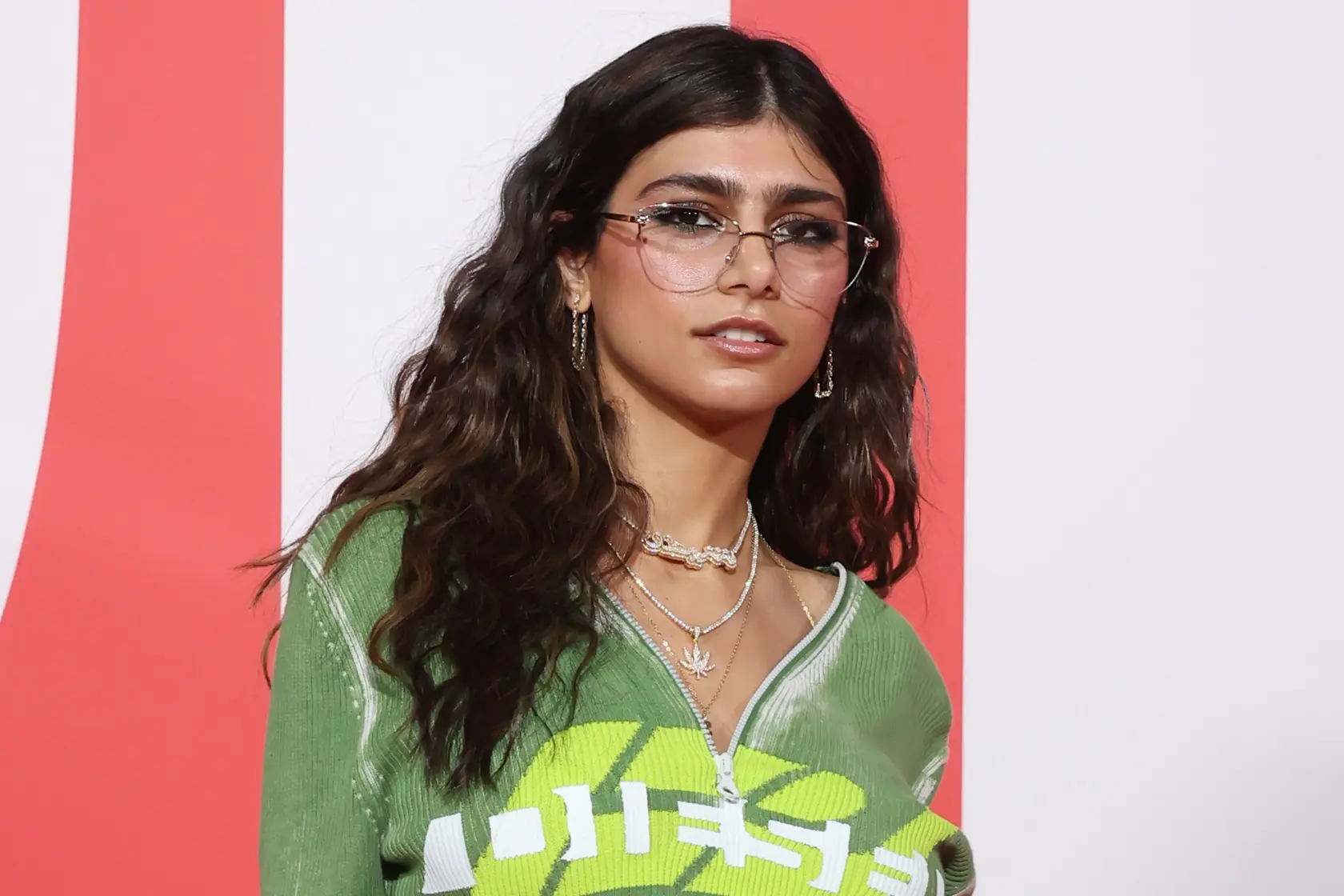T4K3.news
Adidas Oaxaca sandal faces backlash
Mexican authorities and Zapotec communities allege cultural appropriation in Adidas Oaxaca Slip On, prompting apologies by Adidas and Willy Chavarria.
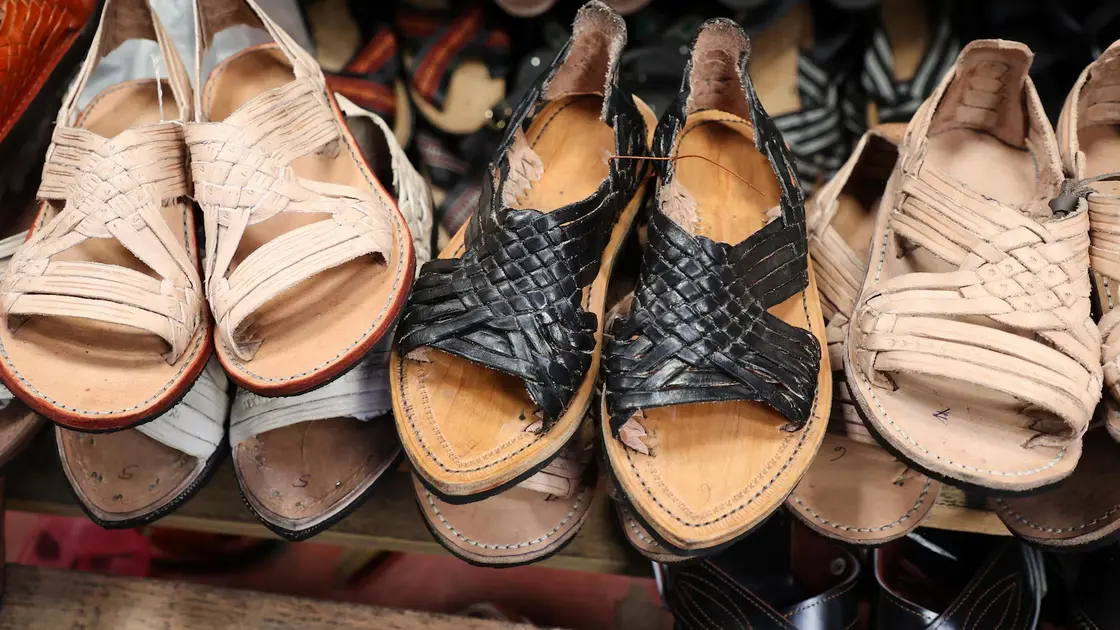
Mexican authorities and the Zapotec community accuse Adidas and Willy Chavarria of copying a traditional huarache design, prompting apologies.
Adidas Oaxaca sandal faces cultural appropriation backlash
Adidas released the Oaxaca Slip On, a black sandal with braided leather straps attached to a thick sole. The design closely mirrors huaraches made by Zapotec artisans in Oaxaca, especially in the town of Villa Hidalgo Yalalag. Mexican authorities say the shoe copies a traditional style and they plan to tighten laws to protect Mexican designs.
Willy Chavarria apologized to the people of Oaxaca, saying the design was meant to honor the region but was not developed in direct partnership with the Oaxacan community. Adidas followed with its own apology and a pledge to repair the damage through respectful dialogue and future collaborations with Yalalag officials. The case adds to a broader debate about cultural ownership in global fashion.
Key Takeaways
"I am deeply sorry that the shoe was appropriated in this design and not developed in direct and meaningful partnership with the Oaxacan community."
Chavarria apology to the Oaxacan people
"Adidas recognizes and values the cultural richness of Mexico’s Indigenous communities and the meaning of their artisanal heritage."
Adidas statement on collaboration
"This falls short of the respect and collaborative approach that Oaxaca, the Zapotec community of Villa Hidalgo Yalalag, and its people deserve."
Chavarria statement about failure to partner
"Adidas is reaffirming our commitment to collaborate with Yalalag in a respectful dialogue that honors their cultural legacy."
Adidas commitment
The episode shows how quickly fashion borrows ideas and how little power local creators often have in these decisions. When a brand borrows a local craft, communities risk misrepresentation and loss of control. Apologies help, but lasting change will require formal partnerships, compensation, and clear processes for consent.
Chavarria has built a career around Mexican American themes, which adds a personal dimension to the dispute. If brands want to avoid backlash, they will need transparent methods for seeking consent, sharing credit, and ensuring fair benefits for the communities that inspire their products.
Highlights
- Respect is the starting line for any cultural dialogue.
- Apology without real action means little to the people who shaped the work.
- Designs travel fast, communities deserve a seat at the table.
- Partnerships beat imitation when it comes to heritage.
Cultural heritage protections under review
The dispute underscores gaps in how Mexican designs are protected and how brands engage Indigenous communities. Regulators may push for clearer consent and fair benefit sharing to avoid future backlash.
The fashion world will watch how these apologies translate into real changes in practice.
Enjoyed this? Let your friends know!
Related News
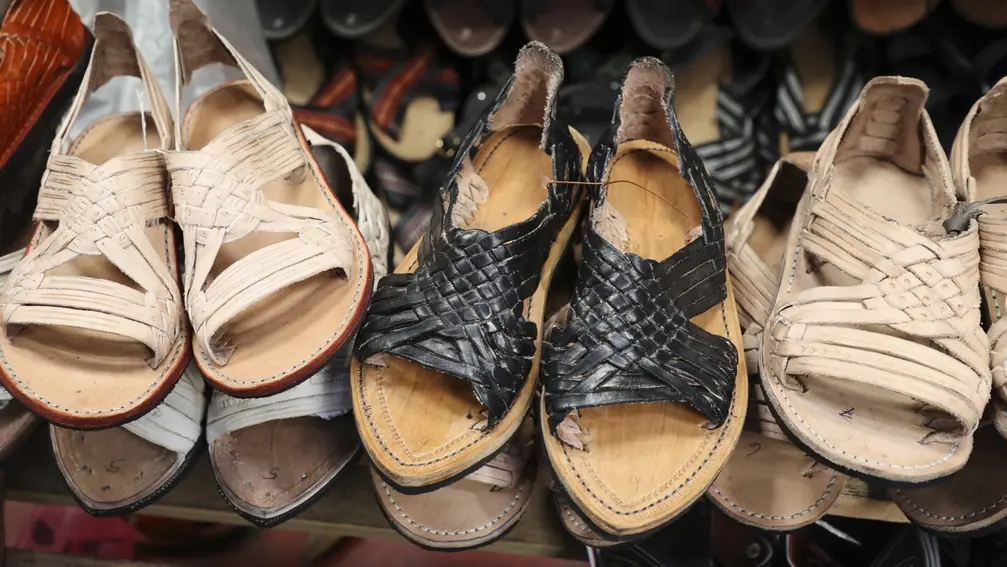
Fashion brands face cultural missteps
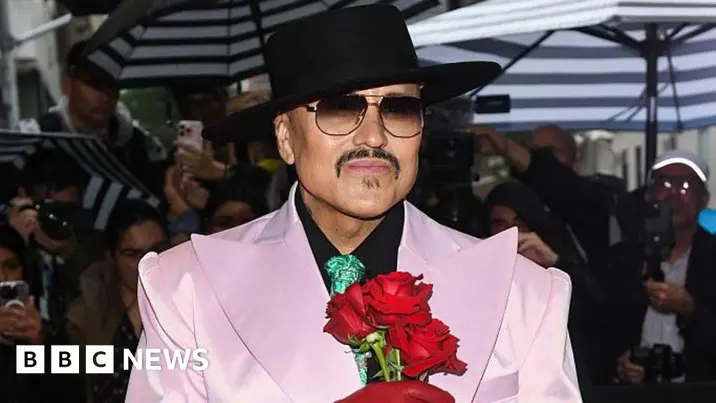
Backlash to Adidas Oaxaca Slip-On leads to apology
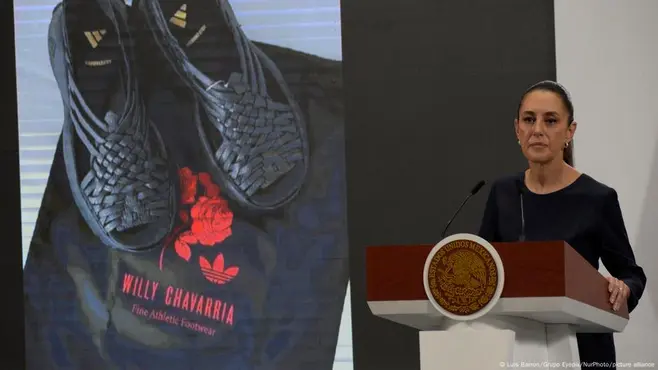
Adidas apologizes for Oaxaca Slip-On design

Mother defends laser birthmark treatment after online backlash
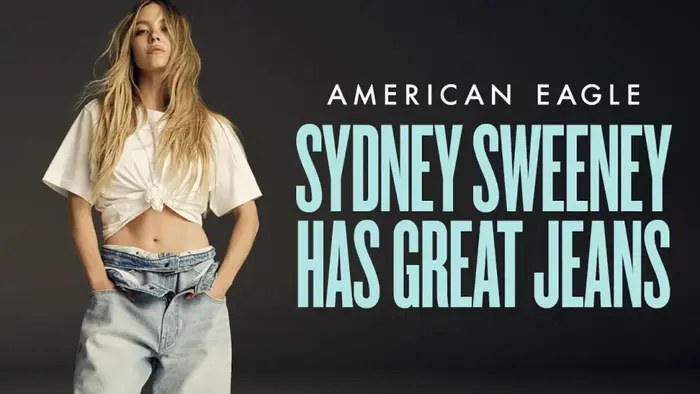
American Eagle Faces Backlash over Sydney Sweeney Ad Campaign
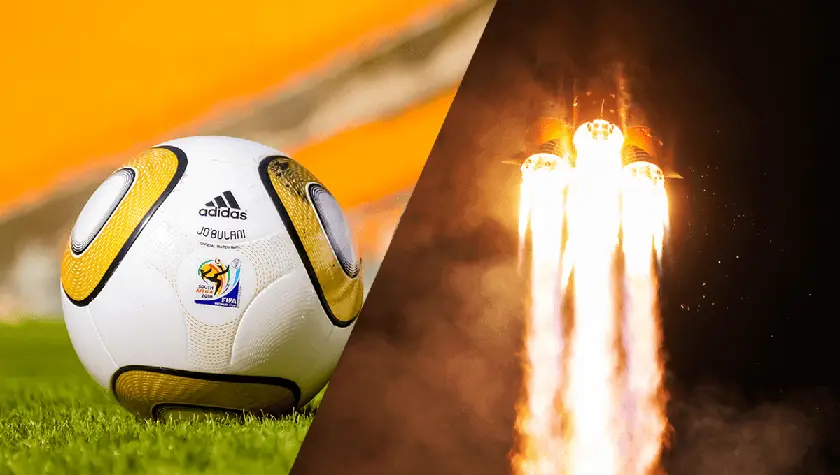
Adidas Jabulani criticized as 2010 World Cup ball

TikTok user Liv faces backlash for weight-loss journey

EU faces backlash from France and Germany over US trade deal
